While it is common for a cat to change weight due to age, seasons, or changes in its lifestyle or environment, rapid and sudden weight loss is generally not a good sign. Just like humans, when cats are healthy, they tend to maintain a fairly stable weight.
Should you be worried if your cat is losing weight? The answer is yes! A cat that loses weight without explanation is very often facing a medical problem. Whether it keeps its appetite but the food it eats doesn’t help maintain its weight, or it refuses to touch its food bowl for an extended period: the cat is likely in danger, and action is required! Head to your vet immediately, as this could be a symptom of serious diseases.
But what could explain this sudden weight loss? What are the diseases or disorders that can cause weight loss in cats? Why is my cat losing weight? To help you understand, we’ve listed some of the main causes of weight loss in cats.
Cat cancers: the role of diet
Cancer is well known for causing significant weight loss, both in humans and in cats suffering from it.
When tumors appear in a cat’s body, they cause a range of physiological reactions, including an intense metabolic response. This leads to violent weight loss, which should not be taken lightly. Every cancer is essentially a race against time.
Cancer in cats is often linked to poor diet. This is why, whether you’re feeding kibble or wet food, it’s essential to be very careful when choosing your cat’s food.
Intestinal parasites
Parasitic infestations in cats are common and are often the cause of unexplained weight loss. Parasites that settle in the cat’s digestive system will absorb the nutrients from the food the cat eats in order to live and thrive.
These intestinal worms act like food thieves from inside the cat’s body. It’s important to have your pet examined and treated if this is the case. It’s also recommended to deworm your pets regularly as a preventive measure.

Endocrine diseases in cats
Endocrine diseases in cats typically affect animals over the age of 6. The most common are diabetes and hyperthyroidism.
A cat suffering from diabetes will tend to drink much more than usual. This is noteworthy because cats generally don’t drink a lot. However, despite continuing to eat, diabetic cats often experience noticeable weight loss. Diabetes most often affects overweight animals that have a sedentary lifestyle and consume a carbohydrate-rich diet. Once diagnosed, the disease can be treated, and the cat's lifestyle adjusted to reduce the severity of its symptoms.
Hyperthyroidism is another endocrine disease that typically affects adult and older cats. It is a malfunction of the thyroid gland, which produces more hormones than necessary, completely altering the cat’s behavior. The cat becomes hyperactive, very hungry, and burns a lot of energy. Despite eating large amounts of food, a cat with hyperthyroidism will lose a significant amount of weight.
Environmental reasons
Don’t panic! While any sudden and unexplained weight loss in a cat should prompt a vet consultation, it doesn't necessarily mean there is a disease. Other environmental factors can also explain weight changes in cats.
For example, it’s possible that the cat, for any reason, has had to use its muscles more than usual over a short period of time. Vacations and outdoor access, visits from children who play with the cat more than usual – all of these can lead to an increased energy expenditure and, consequently, weight loss.
It may also be due to an inappropriate diet. Sometimes owners confuse cat treats with complete food. The cat then ends up being undernourished and may experience significant weight loss.
My cat refuses to eat
Another scenario: a cat loses weight simply because it refuses to eat. This can be due to a variety of causes. It could be a condition or disorder that mechanically interferes with the animal’s ability to eat. This could include dental issues, arthritis preventing the cat from bending down to its food bowl, etc.
A refusal to eat, if accompanied by other symptoms such as fever, vomiting, diarrhea, or excessive thirst, may also signal more serious health issues, ranging from gastrointestinal problems to kidney failure or even feline infectious peritonitis. It’s important to consult a vet as soon as possible. You can read more in our article: My cat isn't eating: why and what to do?
Finally, psychological reasons can also lead to a refusal to eat. A change in the cat’s lifestyle can induce stress, causing the cat to avoid its food bowl. Changes in diet, moving to a new home, grief, prolonged solitude – these are just a few examples. In such cases, it’s best to consult an animal behaviorist.


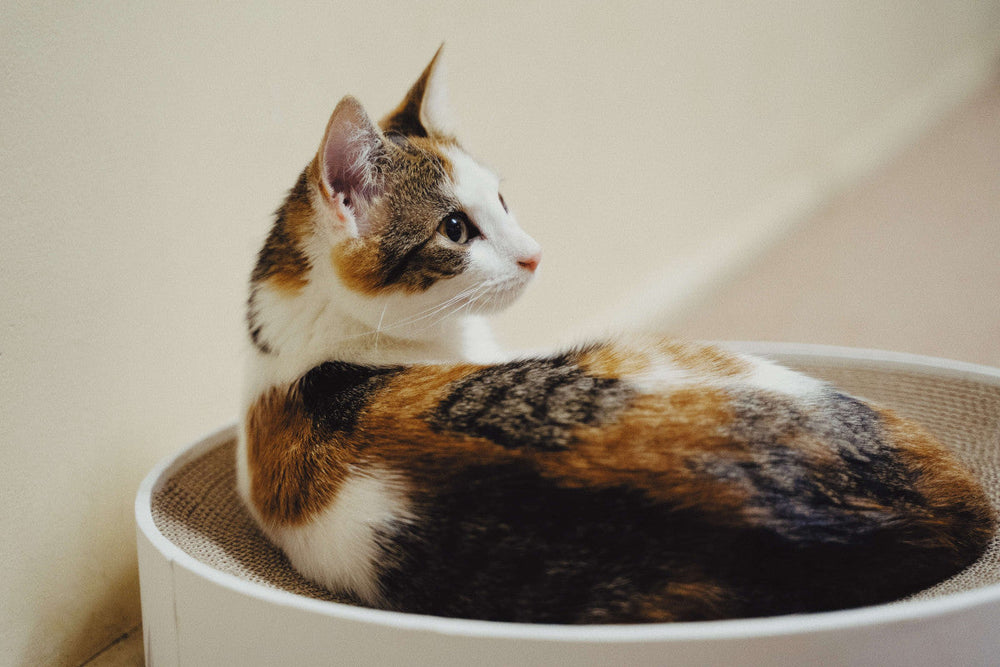
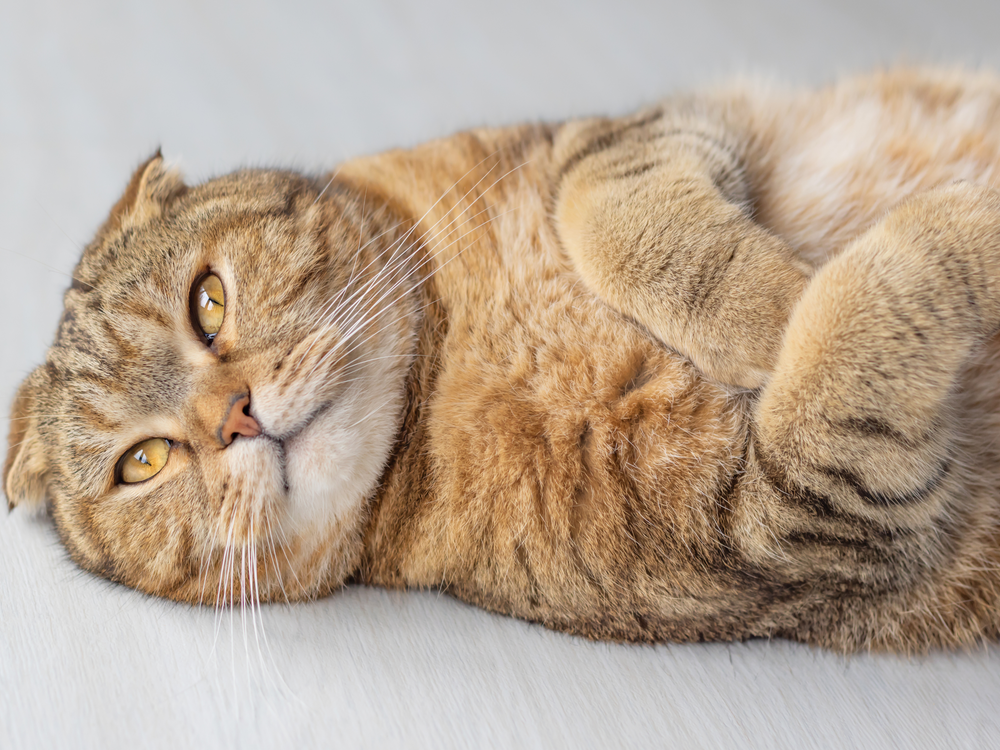
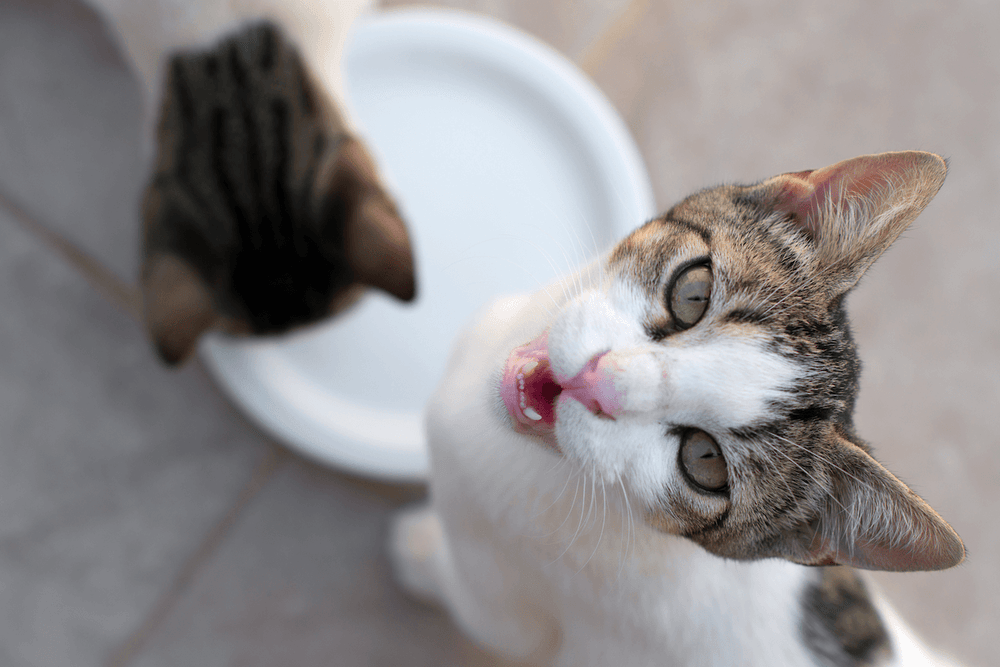
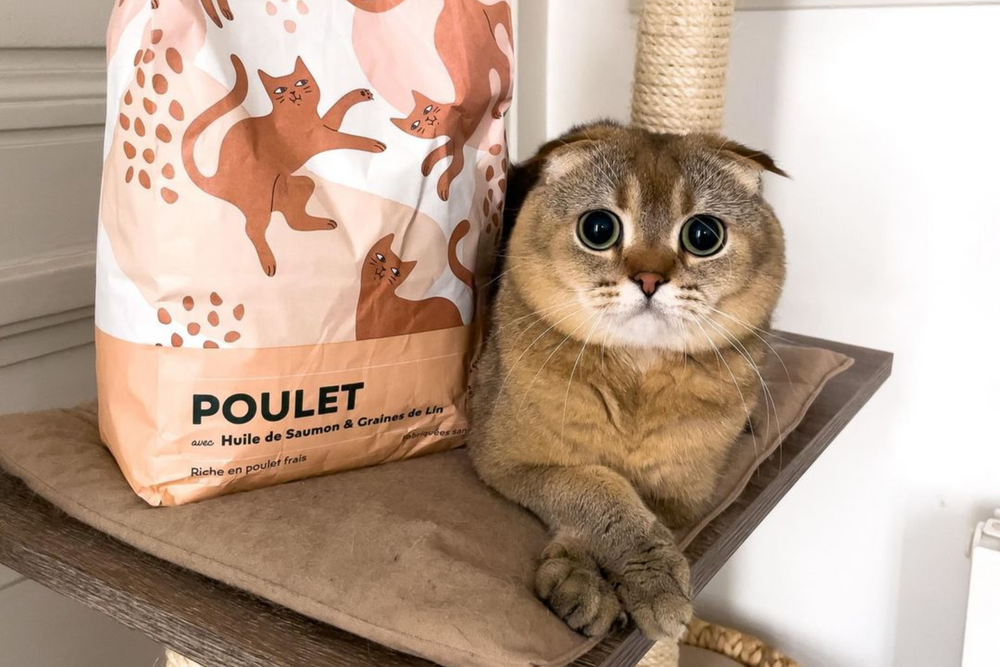
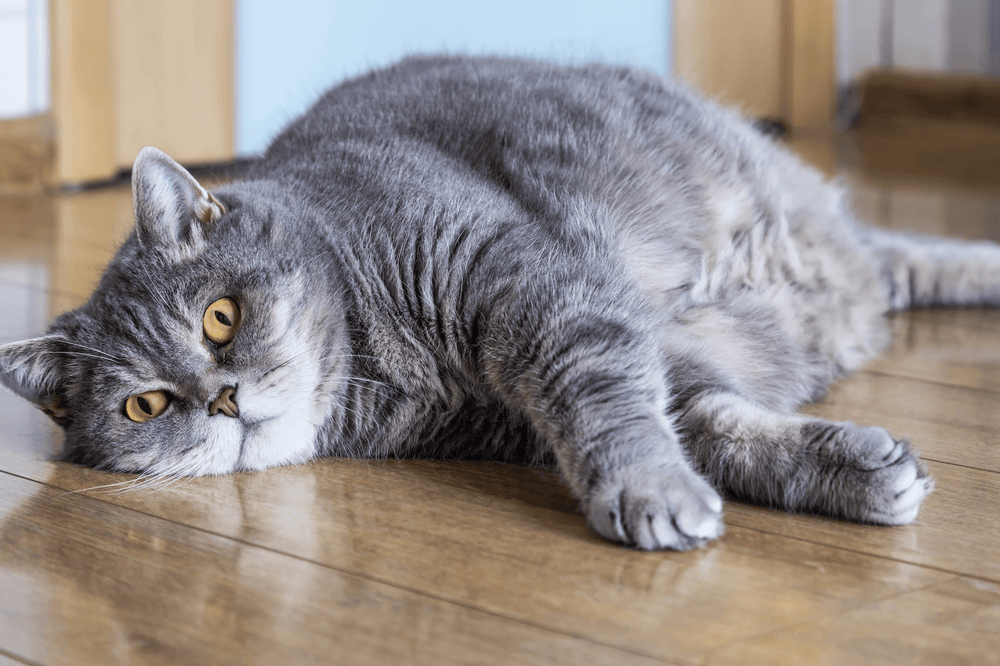
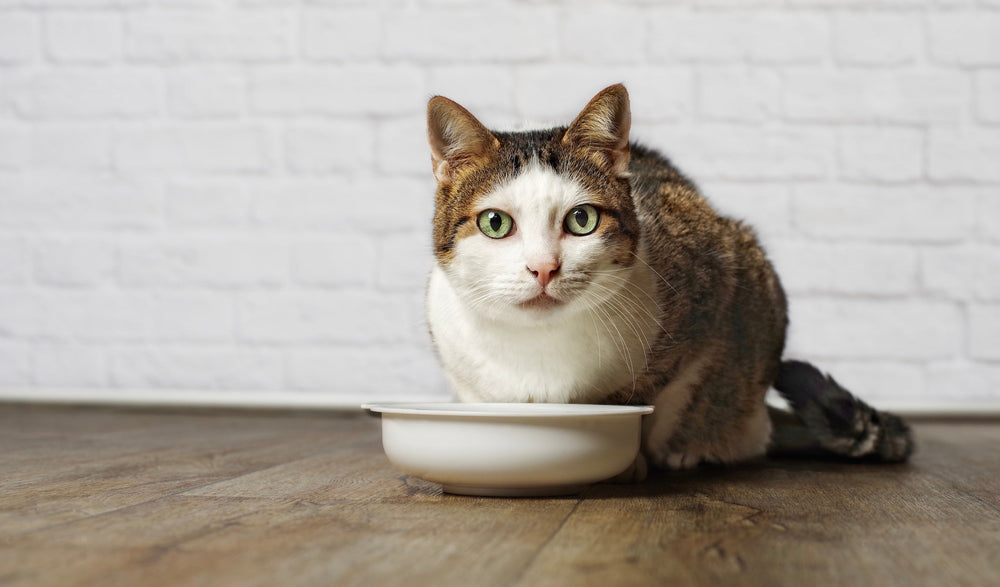
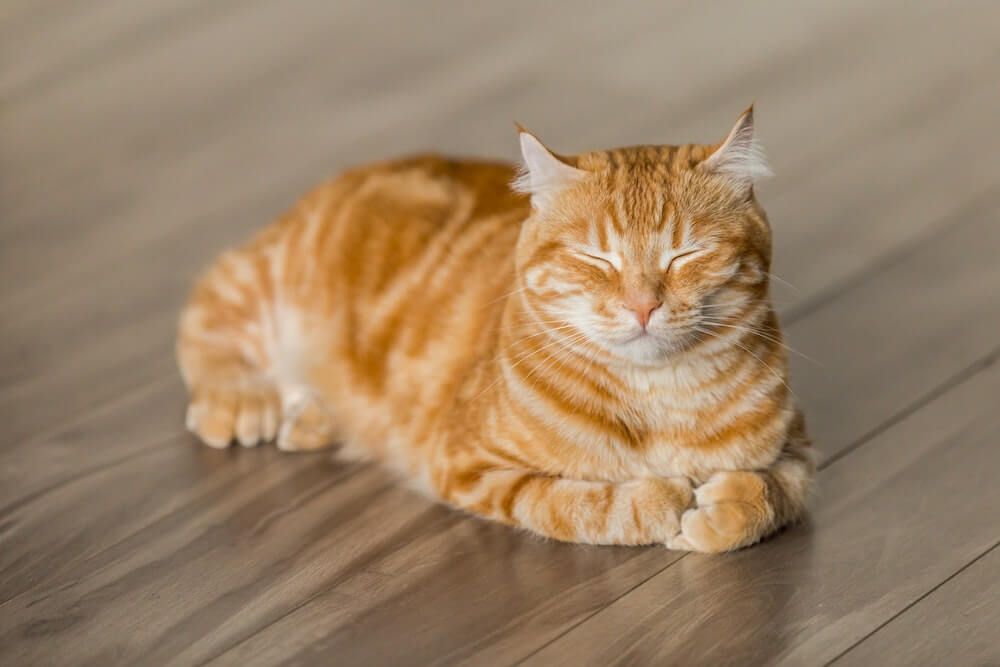



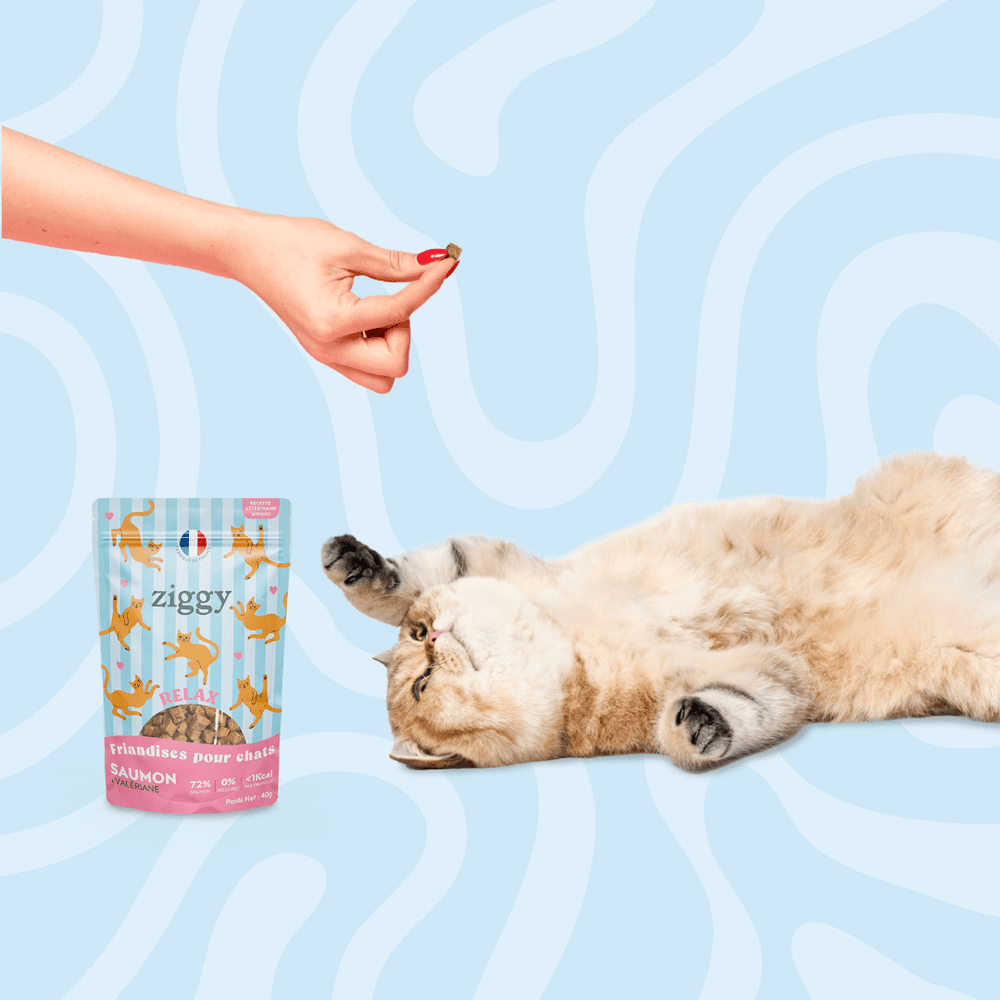






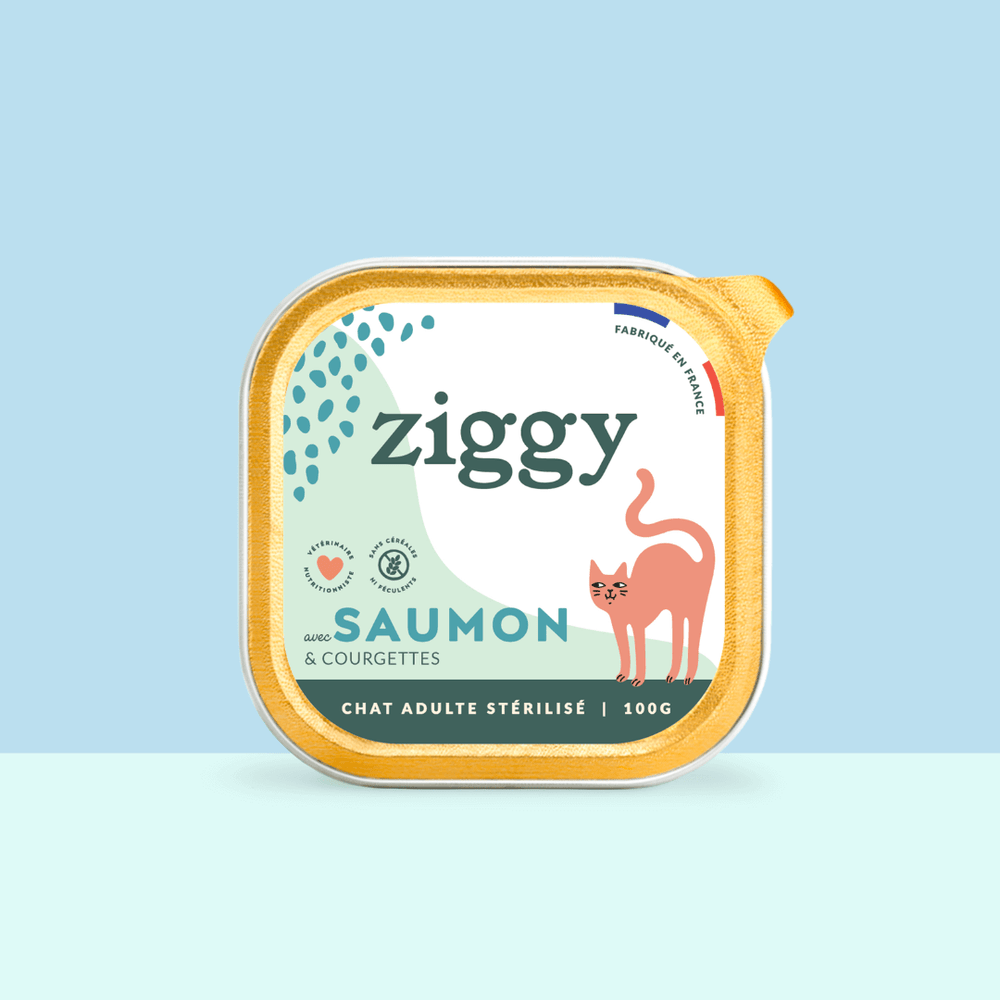







Leave a comment